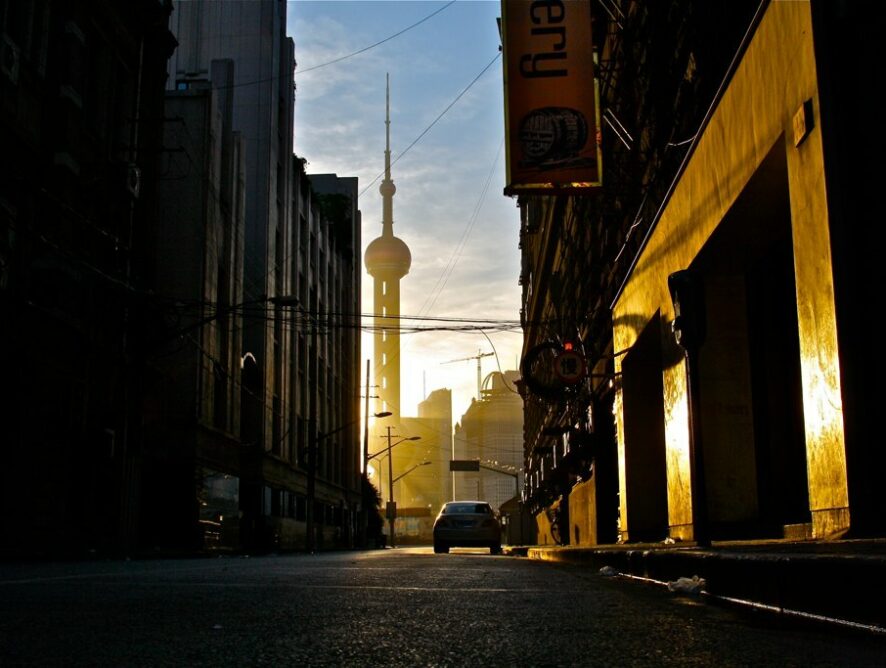
- Diese Veranstaltung hat bereits stattgefunden.
Lecture: Peter Zarrow, Department of History, University of Connecticut, Hartford, USA: The Utopian Impulse and Chinese Political Modernity
Dezember 17, 2021, 16:00 - 18:00

Image: sung ming whang: Early saturday morning in color, Attribution 2.0 Generic (CC BY 2.0), https://flic.kr/p/6E5PXd
This paper discusses the role played by utopian “moves” that were made by political thinkers in the late Qing and Republican periods to build a new more or less democratic and socialist nation. An analysis of four case studies—Kang Youwei, Cai Yuanpei, Chen Duxiu, and Hu Shi—reveals distinct but overlapping visions of political modernity. On one level, these were blurry visions of political modernity directly and indirectly derived from Western discourses, particularly those of the Enlightenment. But on another level, Chinese thinkers can be read as making dialogic contributions to evolving notions of political modernity in cosmopolitan spaces across the twentieth century and beyond.
This lecture is part of the lecture series New Perspectives on Modernity in China.
Organizers:
Prof. Dr. Axel Schneider, University of Göttingen
Prof. Dr. Thomas Fröhlich, University of Hamburg
For registration, please use this zoom link.
Details
- Datum:
- Dezember 17, 2021
- Zeit:
-
16:00 - 18:00
- Veranstaltungskategorie:
- Akademische Veranstaltungen
Veranstaltungsort
- Online Portal Zoom




